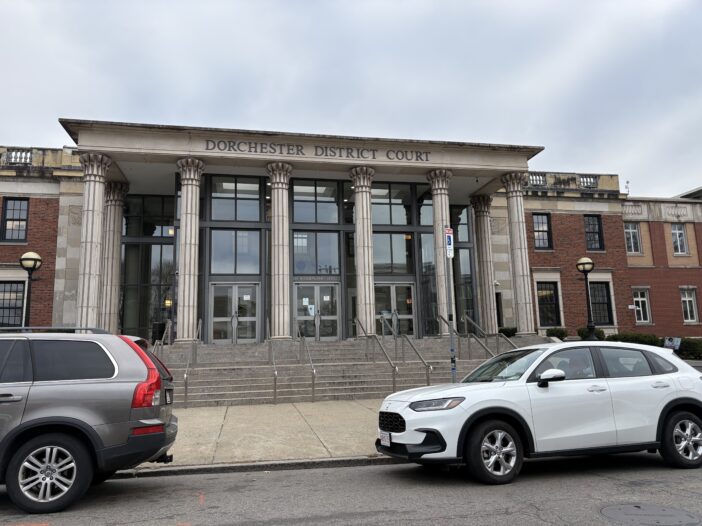
When a person is charged with certain crimes in Massachusetts state courts, the prosecution can request that the person be held in jail for the duration of the case. The prosecutor has to convince the judge – by “clear and convincing evidence” – that the person is so dangerous that no condition of release will protect the community (or a specific person) from the defendant.
How Long Does a 58A Hold Last?
If you read the statute, it tells you that a person can be held for up to 120 days in the District Courts, and up to 180 days in the Superior Courts. In practice, that is often not true. The law has been litigated many times, and the appellate courts have consistently upheld much longer periods of detention, despite the fact that all defendants are legally presumed innocent.
Prosecutors sometimes argue that the calculations begin upon the judge’s order of detention (which is often days, or even weeks after the arraignment). However, the Supreme Judicial Court has made clear that the clock starts ticking “as soon as a person is detained.”
When a person is held past the 120 day mark (or 180 days in Superior Court), they have a right to a hearing on a motion for reconsideration. The judge is instructed to consider the following factors: (1) the length of detention and the projected length of ongoing detention, (2) the existence and nature of a plea offer, (3) evidence supporting detention under G.L. c. 276 § 58A, (4) specific unfair prejudice to the defendant, and (5) the Commonwealth’s responsibility for the delay.
There is no “bright-line limit” to the permissible length of a pretrial detention, and therefore, judges have to assess each request on a case-by-case basis. There are several examples in the Massachusetts Appeals Court and the Supreme Judicial Court, where long pretrial detentions have been upheld. For example, Hakeem Mushwaalakbar was charged with domestic violence allegations in the Lynn District Court and held as a danger for over 18 months, after having been denied release a number of times. His case made it all the way up to the Supreme Judicial Court, which ordered the Lynn District Court to grant him an additional hearing. Finally, after 1 year, 6 months, 8 days (or 556 days), the Lynn District Court vacated the 58A hold; instead, the judge imposed a $10,000 cash bail that the defendant was unable to post, and thus, he was held until his trial, where he was convicted of the domestic violence charge and sentenced to 2 and a half years in jail.
In addition, a defendant can file a motion for reconsideration when there is a “material change in circumstances.” This can include a number of items, and even a substantial delay in trial can be enough to warrant a defendant’s release.
To make matters even worse for people held under section 58A, the 120 and 180 day time limits are subject to “excludable time.” Excludable time includes “[a]ny period of delay resulting from a continuance granted by a judge …, if the judge granted the continuance on the basis of his [or her] findings that the ends of justice served by taking such action outweighed the best interests of the public and the defendant in a speedy trial.” Mass. R. Crim. P. 36 (b) (2) (F). Excludable time periods also include delay resulting from the physical examination of a defendant for mental competency or physical incapacity, delay arising from hearing and deciding pretrial motions or resolving interlocutory appeals, and delay arising from the absence or unavailability of the defendant or an essential witness. In other words, the time limits set out in section 58A mean very little.
All of that said, there are things that can be done to combat the unfair detention scheme. A good defense attorney can push for a speedy trial by making timely discovery requests, conducting any necessary investigation quickly, and being ready as soon as possible with a strong trial defense.
Another path to be aware of is that if a person is held as a danger in the District Court, the person has a right to a bail appeal in the Superior Court. The Superior Court judge listens to the arguments anew, and each side is able to present additional evidence at the bail appeal. Quite a few of our clients have been released during a bail appeal, so it is generally worth an attempt.
If a person is held in the Superior Court, they can appeal to a single Justice of the Supreme Judicial Court.
If you or someone in your life is facing a 58A detention hearing, feel free to call us at 781-797-0555 for a telephone consultation today.
—
Sources:
Commonwealth v. Lougee, 485 Mass. 70 (2020)
Mushwaalakbar v. Commonwealth, 487 Mass. 627 (2021)
Commonwealth v. Mushwaalakbar, Lynn District Court no. 1913CR002935
Velazquez v. Commonwealth, 491 Mass. 279 (2023)